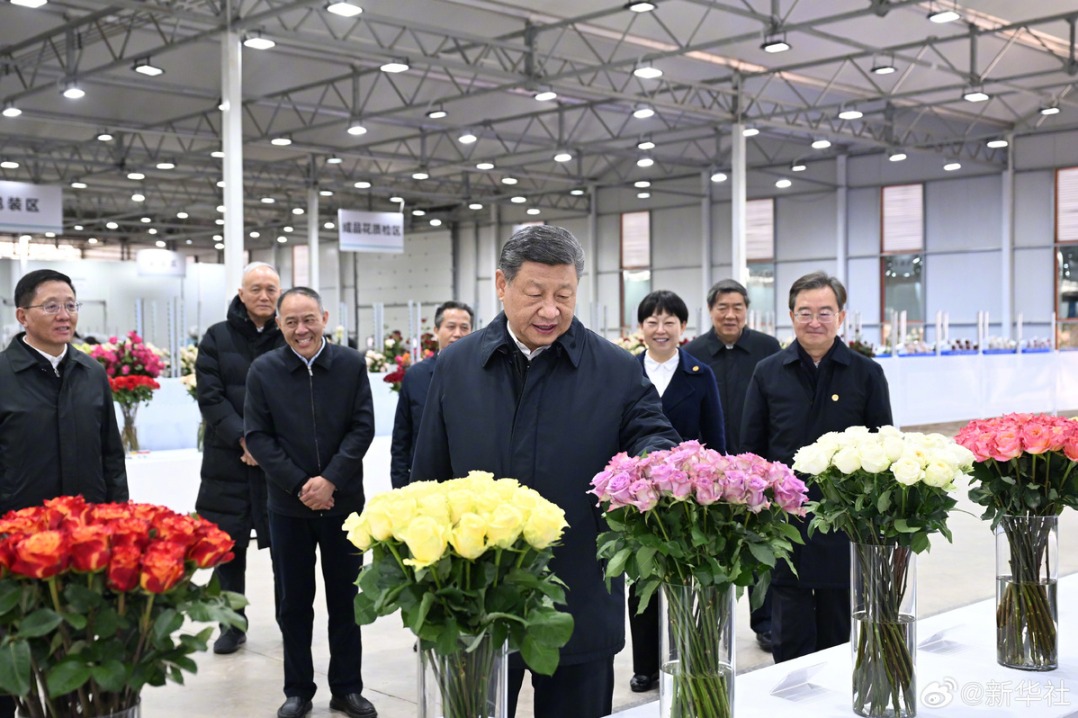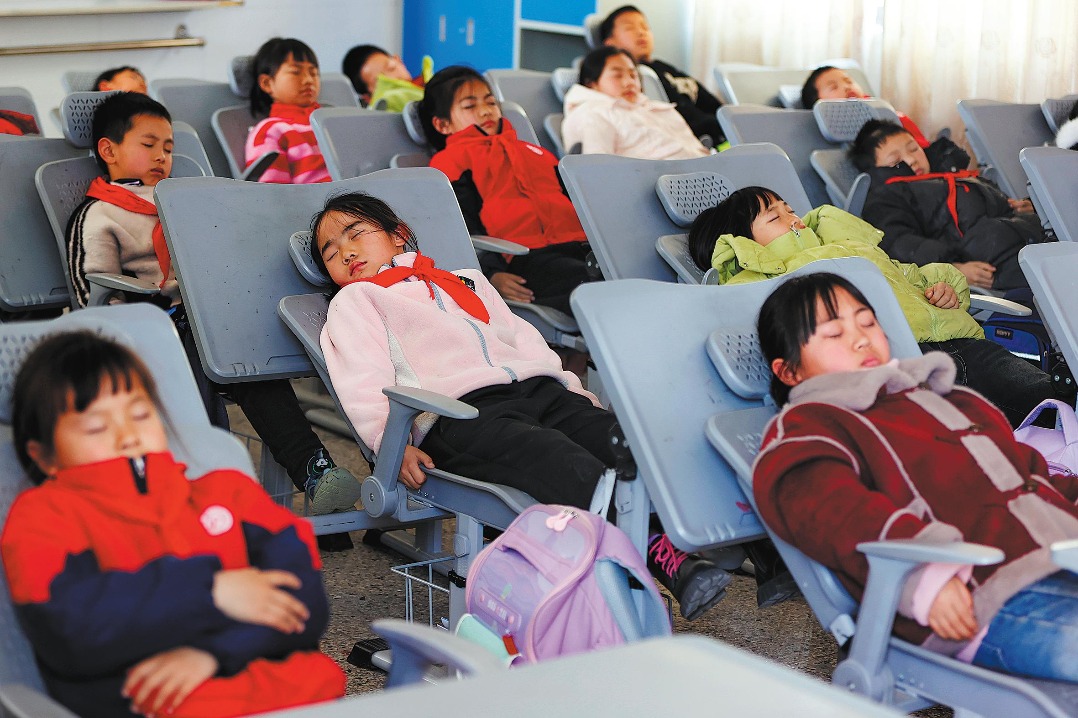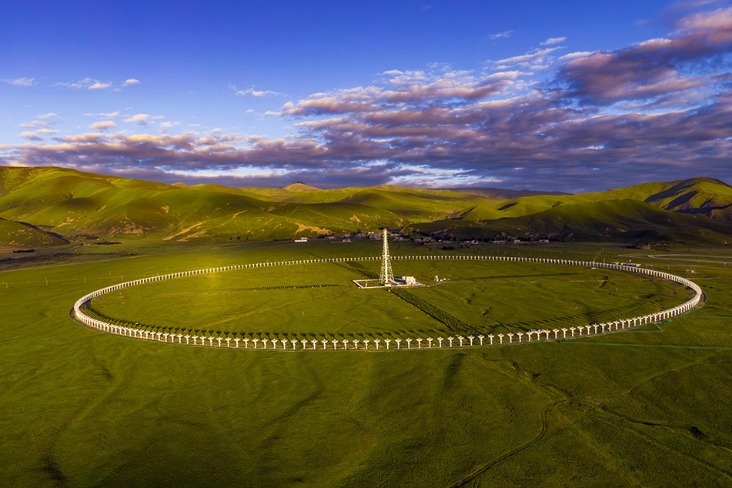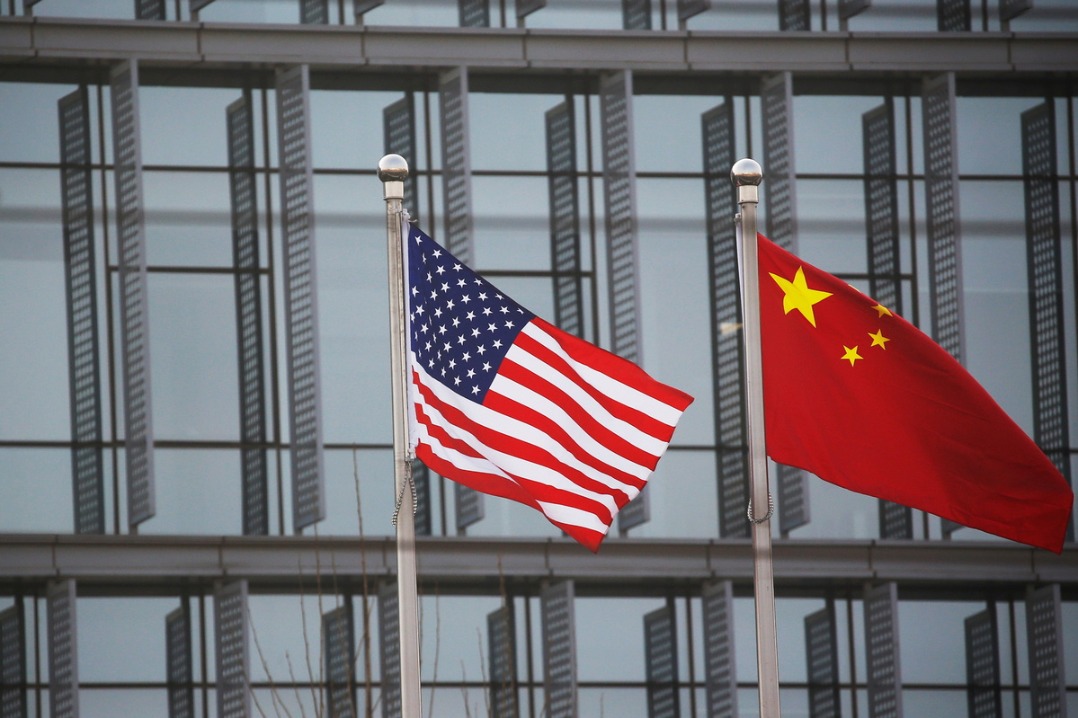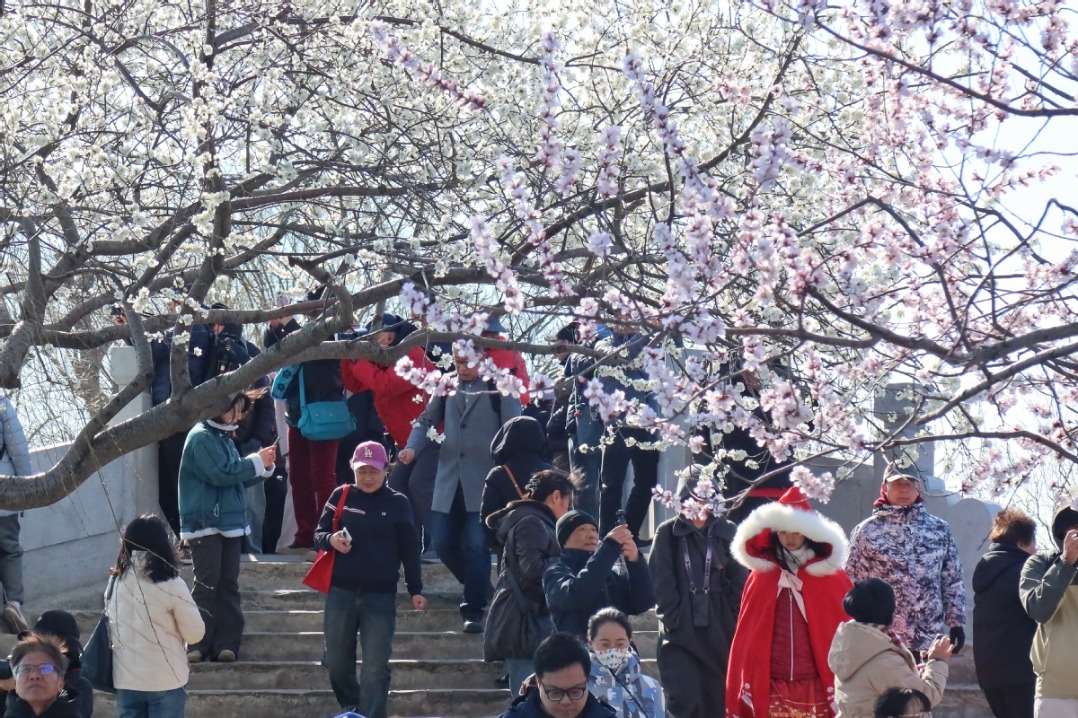Japan should value common security


History shows Europe's struggle for hegemony has directly or indirectly affected Asia. For example, Japan's involvement in many previous global hegemony wars damaged peace and security in East Asia.
True, Japan has been peaceful since the end of World War II. But it seems to be getting restless again amid the turbulent global changes, with some Japanese politicians making attempts to revive the old Meiji Restoration dream. Nevertheless, Japan's policy of promoting a "free and open Indo-Pacific" with China as its "biggest strategic challenge" is doomed to failure, because peaceful development and cooperation between China and Japan are in the fundamental interests of the two countries and their peoples.
The construction of a community with a shared future for mankind requires a vision of common, comprehensive, cooperative and sustainable security, and global synergy. Such a community is naturally opposed to and resists closed and exclusive "violent multilateralism", and instead advocates for open, equal and winwin "peaceful multilateralism".
The four principles of common, comprehensive, cooperative and sustainable security are dependent on the advancement of the Five Principles of Peaceful Coexistence in the new era, with both sets of principles being equally important to the world. The four principles are not only a guideline for improving global security governance, but also a set of international moral codes. That's why they call for ending the current conflicts in the Middle East and Europe, and preventing the European conflict from spreading to East Asia.
Sustainable security is the goal, and value orientation is in line with the security interests of all countries, while common, comprehensive and cooperative security is the method. Only when people think the goal and value orientation are in line with their own sustainable security interests will they choose the path of common, comprehensive and cooperative security.
It is very difficult to make people who are engaged in a conflict to accept "common security". Therefore, only by first making people realize the importance of their own "sustainable security" can we prompt them to recognize the importance of "common security" in order to safeguard their vital interests, and advance "cooperative security" and achieve sustainable security for all.
To achieve sustainable security, the world should abandon power politics and traditional geopolitical thinking, and strive to achieve "peace and cooperation through sea and land", that is, peaceful cooperation between maritime and non-maritime countries.
Building a community with sustainable security, sustainable development and a culturally rich community in East Asia is in line with the spirit of the Global Security Initiative, the Global Development Initiative and the Global Civilization Initiative, as well as ASEAN's goal of better safeguarding security, and promoting economic development and social and cultural advancement. Not to mention it is also in the best interest of the people in East Asian countries.
One of the common factors between the two world wars and the ongoing Russia-Ukraine and Israel-Palestine conflicts is the struggle for territorial control. Japan's three documents, including the new National Security Strategy, the National Defense Strategy and the Defense Buildup Program, formulated by the Fumio Kishida government before it exited office on Oct 1 last year, are based on so-called neo-realism. The documents, which mention the Diaoyu Islands issue many times, have changed Japan's post-war peaceful development model and its China policy, and thus posed a real threat to China's national security.
Whether incumbent Japanese Prime Minister Shigeru Ishiba will make efforts to improve Sino-Japanese relations depends on five key factors: whether he abides by the four political documents signed by China and Japan; whether he abides by the 1995 statement by former prime minister Tomiichi Murayama on historical issues; whether he adheres to the one-China principle on the Taiwan question and opposes "Taiwan independence"; whether he properly handles the Diaoyu Islands dispute through dialogue and consultation; and whether he follows the liberal-oriented views advocated by former Japanese prime minister Tanzan Ishibashi.
If he does so, China and Japan can follow a new security vision that is common, comprehensive, cooperative and sustainable, which suits the requirements of the new era.
If China and Japan want to avoid conflict and reduce security costs, they should properly manage their maritime differences, and abide by the principles of the four political documents. The documents refer to the China-Japan Joint Statement inked in 1972, the China-Japan Treaty of Peace and Friendship of 1978, the China-Japan Joint Declaration of 1998, and a joint statement on advancing strategic and mutually beneficial relations in a comprehensive way that was signed in 2008.
As for Asian countries, they need to advocate for "peace and cooperation through sea and land", which will help them achieve common, sustainable development and ensure the security of all countries through peaceful cooperation between maritime and non-maritime countries. This model is based on equality, mutual benefit, inclusiveness and openness, and promotes peaceful coexistence. An apt example of this model is the Belt and Road Initiative.
The initiative is the inevitable choice for China to deepen reform and promote further opening-up, while developing bilateral relations and multilateral cooperation, in order to share the fruits of economic development.
If the BRI countries make common security their guideline, comprehensive security their strategy and cooperative security their method, and seek to establish a common security community while promoting interconnectivity and win-win cooperation, it is possible to build the world's largest sustainable security zone by the middle of this century.
The author is a professor of international relations at Tsinghua University. The views don't necessarily reflect those of China Daily.
If you have a specific expertise, or would like to share your thought about our stories, then send us your writings at opinion@chinadaily.com.cn, and comment@chinadaily.com.cn.

















